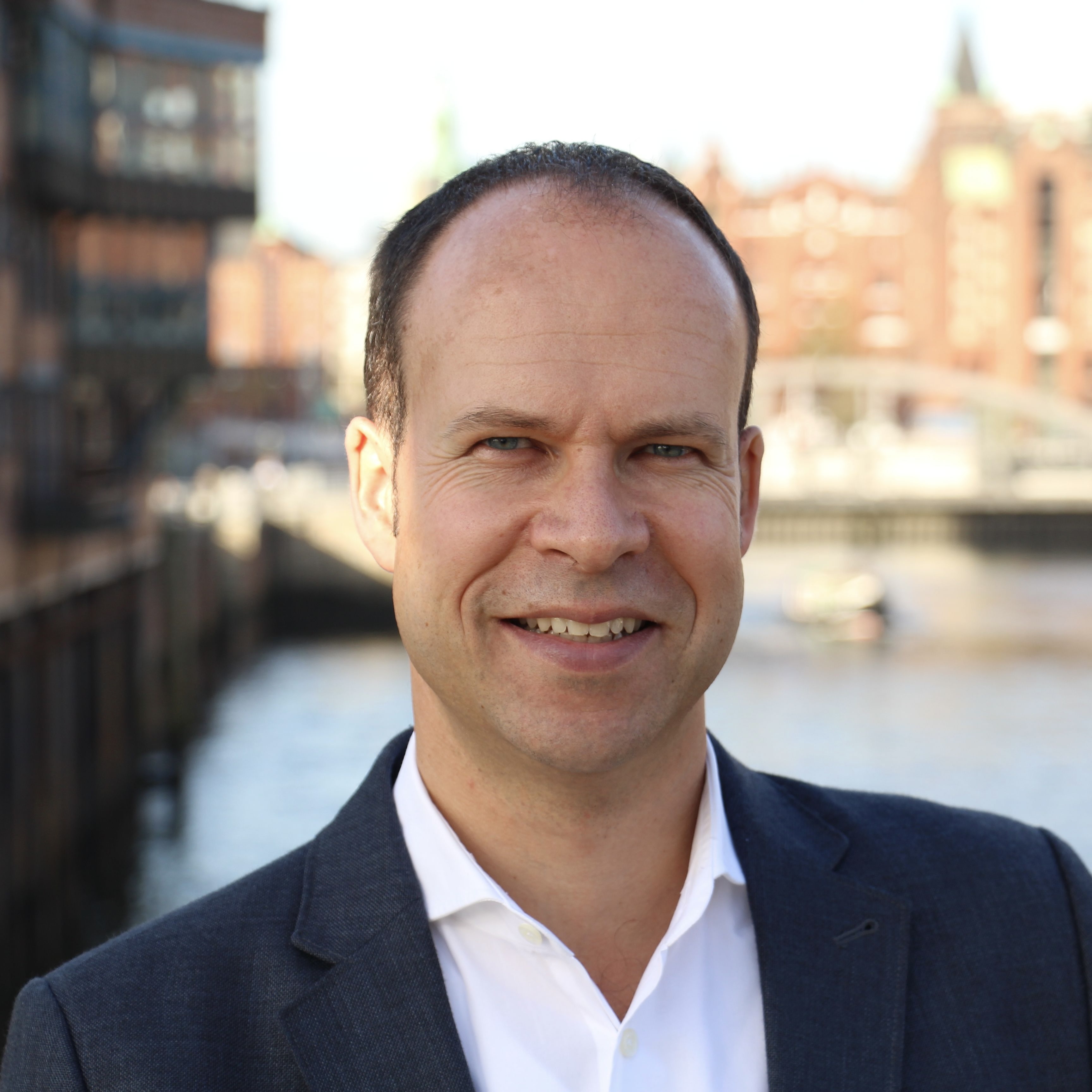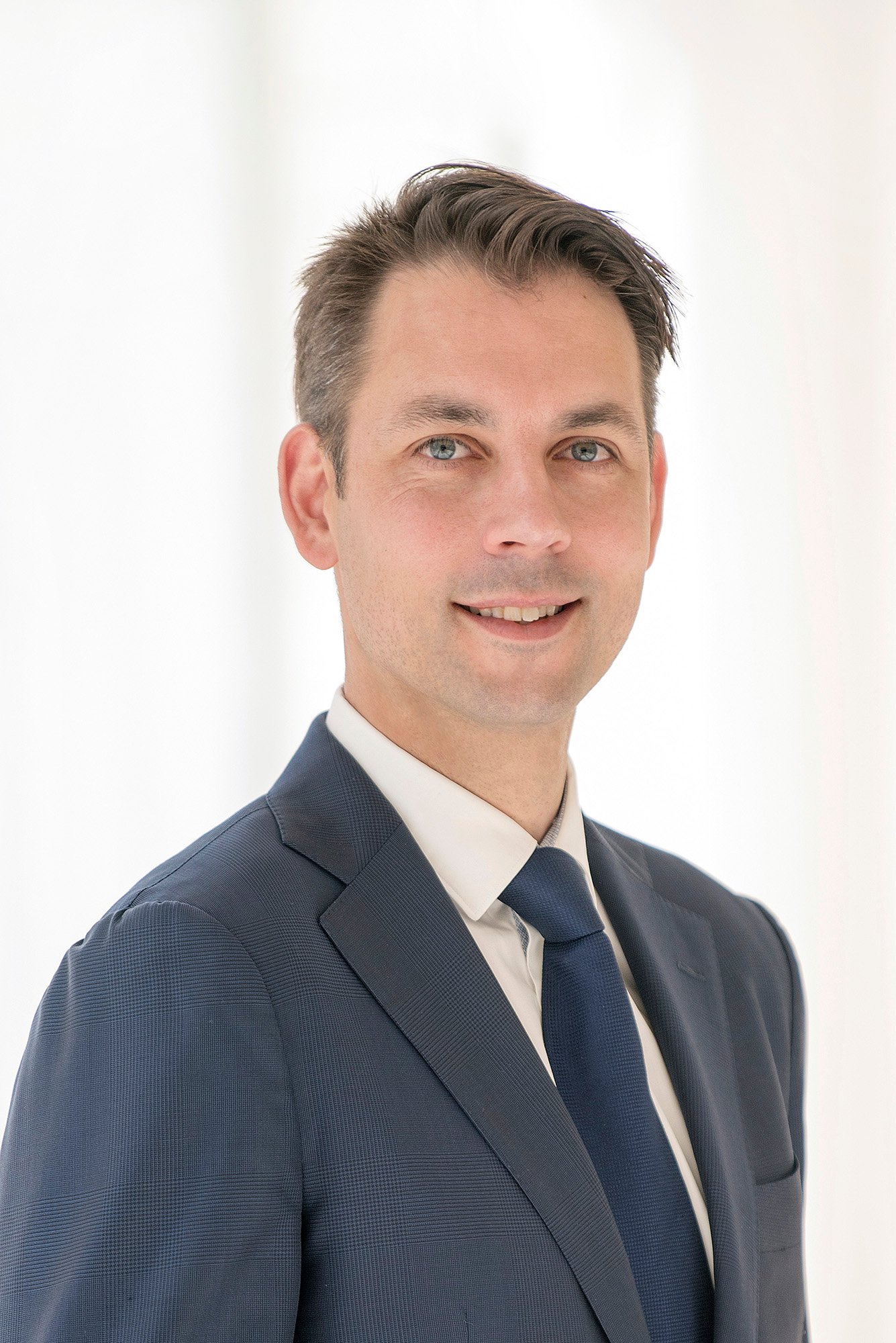I have learnt that my sensitivity is a gift, and I can use myself as an instrument of change and compass to understand and feel what is taking place in an environment beyond the written and visible facts.
Paula Tibre

Can you tell us a little bit about your professional and personal background?
My story started early when I knew I saw the world differently. After graduating in Computer Science and tackling the complex intellectual problems in technology, I was inspired by how people can perform at their best and accelerate their growth. I wondered what environment they needed to thrive in and what motivates them. Organisational and personal transformations are the topics I can’t stop thinking about.
Moving through various management roles in technology, product management, business operations, general management and M&A, I’ve built a hands-on management experience of over 20k hours. I am most proud of the 1000+ people I worked with to set new standards of excellence, the 250+ leaders I supported in their growth, and the seven global functions we created together with strong leadership teams. I designed 10+ operating models and governance frameworks to enable all these outcomes.
The most challenging projects I tackled are two mergers: bringing together leadership teams, cultures, technology teams and systems, and my own personal project of transformation: life and work design in coherence with my values.
With deep self-reflection and an understanding of the psychological aspects of change, I became a reflective leader and a change agent for the people and organisations I work with.
To support me on this journey, besides my experience in business and technology management, I hold multiple accreditations in coaching, coaching supervision and human behaviour.
Today, I focus on mastering change by consulting organisations, coaching leaders in transformation and transitions, and shaping their organisations to be well-prepared for future challenges. I joined Financial Times as Chief Technology Officer (Interim) a few months ago while I continue mentoring leaders in growth journeys and transitions.
Courage, growth and inspiration are my daily reward for working with people who are my best partners in learning. I love to write, share my thoughts, feelings and ideas with others, and connect deeply with the people I meet.
While working, I am also travelling worldwide, looking for new ideas, diversity of thought and beauty.
What is something unexpected about you?
When I was little, I wanted to become a journalist, a therapist or a computer scientist. Today, I am a computer scientist leading technology teams in a journalism organisation and a leader studying for a master’s degree in the psychology of change.
What made you decide to pursue the EMC at INSEAD?
While I was in my life and career transition one year ago, I received a gift from a dear friend. The gift was Herminia Ibarra’s “Working Identity”, a book I have read over 15 times and recommend to all people in transitions.
Exploring her profile, I saw the Executive Master in Change, the INSEAD degree programme on change, in great depth. I already had extensive experience in organisational and technology change programmes by then. However, I always felt my understanding was somehow limited regarding how change happens at a psychological level.
Practising Coaching and Reflective Learning, a methodology between coaching and therapy, I noticed how the human experience, the conscious and unconscious needs and emotions were rarely considered in the design of change.
With a hunger for learning, I decided to join EMC for my transformation. Ultimately, I became more effective in supporting others on their transformation journeys.
What are your impressions of the classroom atmosphere, the content, professors and your classmates so far?
While hoping for quick and easy approaches to change, I realised this was merely an illusion. But what I did find instead is how the EMC professors and classmates can form close relationships that power each other’s transformation.
The learning content is best in class. However, it does require a deep commitment to learning and openness because, in many ways, it is counter-intuitive to what we believe about organisations and people. There is no way back to seeing things as we used to.
I appreciate the EMC professors’ teachings and genuine care for each of us as professionals and individuals. We, as a group, have learnt to navigate the rollercoaster of learning, vulnerability, expanding our limits and caring for each other.
Please share some examples of new insights / tools that you have gained through the EMC and how you’ve been able to implement them in your professional life?
EMC has contributed directly to my leadership and coaching ability and approach. One of the most profound realisations I intuitively felt before is that leading change is dangerous because there are so many dangers on the way to making change a reality. Yet, leading change and exercising our leadership is equally a sacred act.
Because of the dangers, there is a high risk that leaders end up putting on a hard shell and instead of leading the change, they protect themselves from it. With these defences, leaders can easily become cynical, arrogant and callous.
As Heifetz and Linsky say, “cynicism is often times called realism, arrogance masquerades as authoritative knowledge and callousness becomes the thick skin of wisdom and experience.”
So, after EMC, I have learnt that my sensitivity is a gift, and I can use myself as an instrument of change and compass to understand and feel what is taking place in an environment beyond the written and visible facts.
With practice, I can now see other people’s immunity to change and what prevents them and their organisations from reaching the desired goal. I have also learnt that, during change, the leader’s most significant responsibility is to create for their teams a holding environment where change can emerge and real dangers can be called out, rather than leading ahead with picking up all the battles themselves.
Good questions can be more effective at the right time than best-formed plans.
Lastly, what advice do you have for people out there who may be currently reading about the programme or considering whether this is the right programme for them?
EMC is a profound and personal journey. As a dear colleague says, “it is not for the faint of heart”.
But EMC is suitable for all people looking to be a more authentic leader, a more courageous change agent or a more aware life adventurer. EMC is also ideal for all the people who wonder why specific change programmes fail or others succeed and how they can influence such outcomes.




